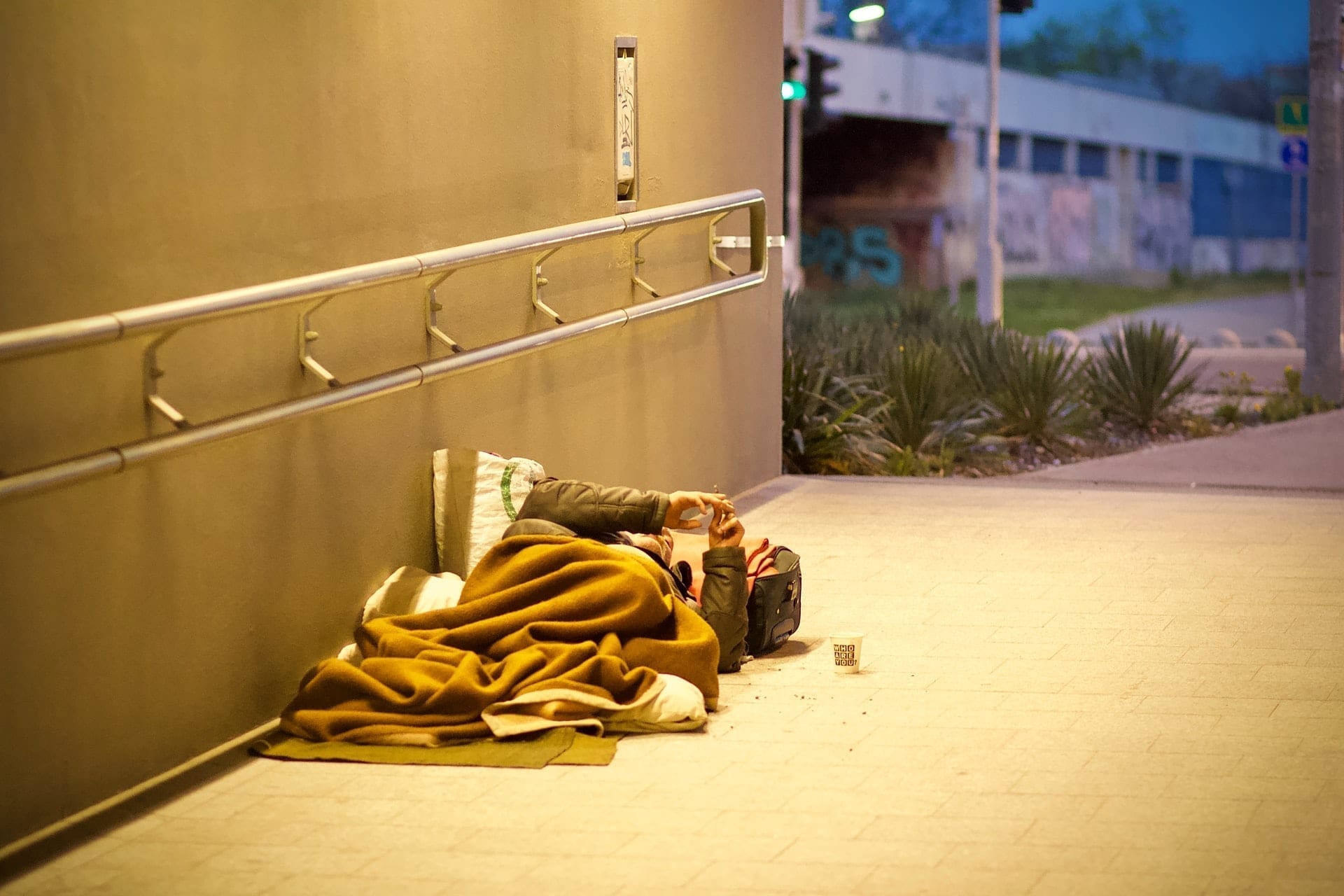Sometimes. It can be hard to reenter society. When you’re released from prison, one of the first things you need is a place to live. But there are housing restrictions on former prisoners. Some of those are legal in nature. You may only be able to live in certain places because of your parole or your sentence. But you may face other restrictions, too. It could be that you don’t have the money needed to pay for rent or buy a house.
What are the legal housing restrictions on former prisons?
When you get released, you have legal restrictions from living in certain areas. A common example is if you have serious sex-related offenses against minors in your past. The judge may have required you to register as a sex offender as part of your sentence. This will likely mean that you cannot live near schools or other places where children are.
Not being able to live near these places might not be a problem by itself. But restrictions like these can lead to more problems. For instance, they may only leave you with a few neighborhoods to find housing in some cities. If those areas are too pricey, you may have to go to a homeless shelter until you can afford housing there. Many laws keep formerly incarcerated people from receiving certain public benefits, too.
Because it can be hard to find affordable housing in these areas, you might be tempted to use a false address. A false address is an address you give to the court and your parole officer but do not really live at. Giving a false address may let you live somewhere cheaper, but it can lead to many other legal problems. Most importantly, you could go back to prison. By lying to the court and your parole officer about where you live can hurt your reputation in the future, too.

What are the other problems formerly incarcerated people face with housing?
Formerly incarcerated people face practical challenges, too. The simplest one is money. The average monthly rent for an apartment in the United States is more than $1,000. This amount is a lot for people with good-paying, full-time jobs. And it’s even more for people without resources like those released from prison.
Roughly 80% of people with a criminal record report having trouble finding housing. For most of that 80%, the landlords denied their application based on their record. They did so even though there are laws in place to prevent this. These formerly incarcerated people also were afraid to live with other family members. This was because their whole family could lose housing if the family’s landlord found out.
These housing issues hurt people of color more than their white counterparts. In New York, for example, officials have released around 600,000 inmates since the 1980s. Roughly half of those have since lived in New York City. And more than half of those people were African American.
The Takeaway:
When you get released from prison, you may face many obstacles. One of those is housing. There are housing restrictions on former prisoners in both a legal sense and a practical sense. The vast majority of former prisoners report problems with getting housing after release.






